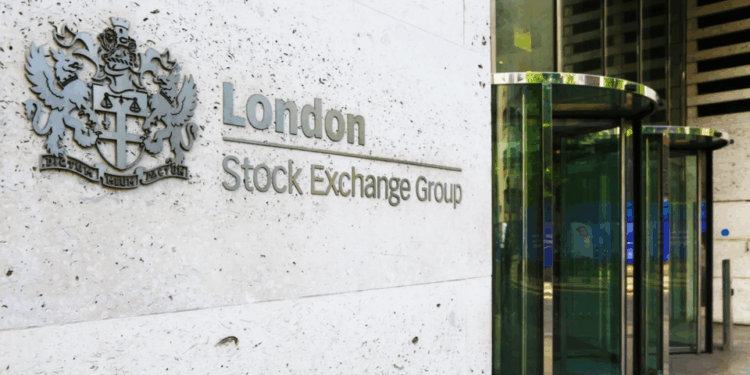LSEG is considering many factors to extend trading hours, including the technology to implement the change, regulatory challenges, the impact on companies with dual listings, and the potential impact on liquidity.
The London Stock Exchange Group (LSEG) is thinking about introducing 24-hour trading in response to pressure to make the United Kingdom (UK) market more competitive and appealing to investors.
LSEG is a company that runs the primary stock exchange in Britain. It needs to consider whether increasing its trading hours is feasible.
Its stock exchange remains at the center of the City of London and plays a crucial role in giving foreign investors access to shares of British companies.
A source stated that the group is considering it, whether it means 24-hour trading or extended trading, adding that they were having commercial, policy, and regulatory discussions about the subject.
Bitcoin and other cryptocurrencies already trade around the clock, and people trade shares after hours on sites like Robinhood. However, London-listed shares only trade between 8 am and 4:30 pm.
LSEG is considering many factors to extend trading hours, including the technology to implement the change, regulatory challenges, the impact on companies with dual listings, and the potential impact on liquidity.
Other stock exchanges around the world are searching for ways to expand their trading hours. The New York Stock Exchange requested the US financial regulator to increase its hours outside its customary 9:30 am to 4 pm to 1:30 am to 11:30 pm.
Similarly, Nasdaq and CBOE Global Markets, which collectively account for roughly two-fifths of all on-exchange stock trading in the US, have applied to the United States Securities and Exchange Commission to extend their business hours.
But such a step could prove controversial. Some brokers argued that it could make clearing or guaranteeing deals more challenging and would require major human and technological changes.
Managers of open-ended funds, who calculate their value once a day at the end of the trading day, face issues with long hours.
However, due to the time difference, investors on the West Coast of the United States, where markets close at 1 pm, might find the extended hours beneficial.
Reports that London could expand its trading hours come amid a larger attempt to make the UK stock market more competitive, following many well-known companies going to New York in pursuit of greater liquidity, higher valuations, and access to larger investors.
LSEG makes the majority of its revenue from selling financial data to banks, brokers, and other companies, with only 2.7% of its first-quarter earnings this year coming from stocks.
Wise, a London-listed online payments company since 2021, announced last month that it plans to dual-list its shares in the United States and United Kingdom.
Taavet Hinrikus, a co-founder of Wise, asked its shareholders to vote against the dual listing on Monday, arguing that the proposal lacked sufficient transparency regarding changes to governance.
Skaala Investments, the company’s investment vehicle, stated that investors must vote to change the listing location to extend the dual-class shareholder structure introduced when Hinrikus went public in 2021. It means that enhanced voting rights for some shareholders, which were to expire in July 2026, will be renewed for an additional ten years. But the proposal has hidden this.
Kristo Käärmann, the CEO of The Wise, denied the allegations. He defended their plans as clean and transparent.
Wise’s move comes after Ashtead, a company that rents out construction equipment, made a similar shift last year. Other companies, including the building materials company CRH and the gambling group Flutter Entertainment, changed their listings to the United States.
It comes amid a broader government push to rethink UK regulators to stimulate growth. In a speech to City executives last week, Chancellor Rachel Reeves warned that without drastic changes, regulations and red tape were choking innovation throughout the United Kingdom.

















